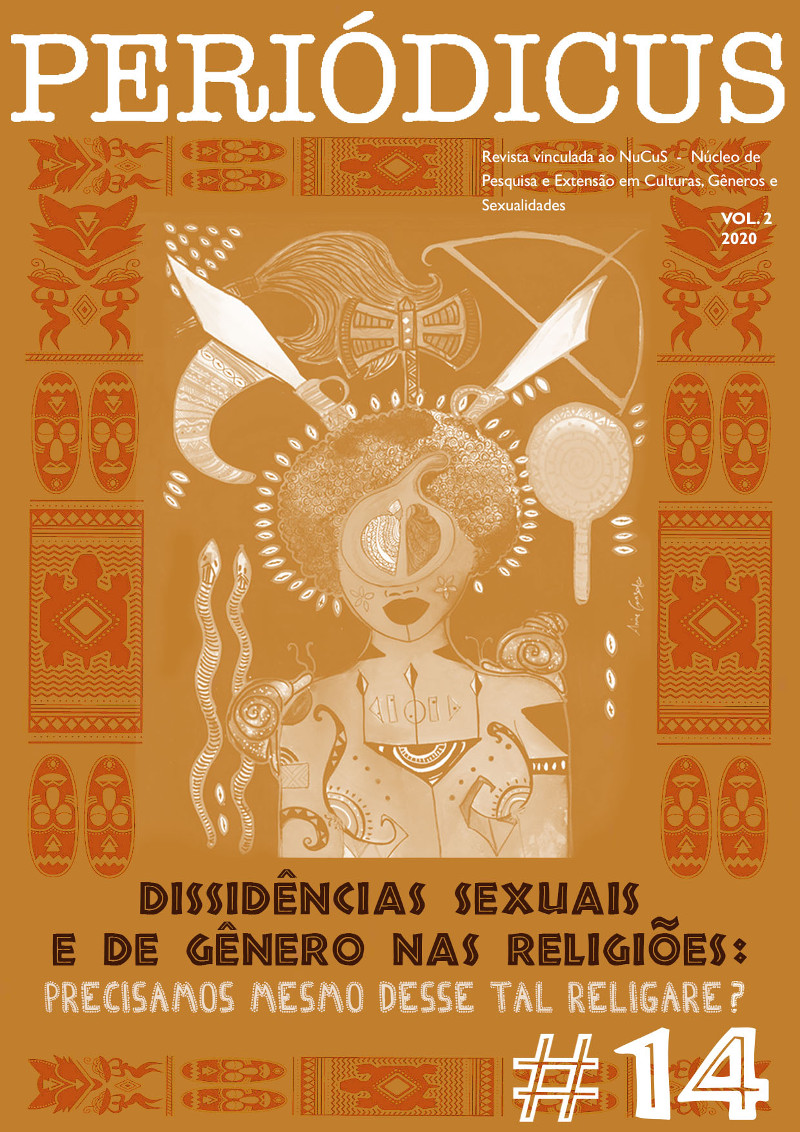Hybrid masculinities in school context ongoing changes or reproduction of the status quo?
DOI:
https://doi.org/10.9771/peri.v2i14.35914Abstract
Abstract: The concept of hegemonic masculinity has been mobilized as an explanatory dimension of the expression ofsexism and homophobia at school. However, today there is a notion of hybrid masculinities that comprehend contemporary
transformations in the field of masculinity, even though it is a concept that is little debated or worked on from empirical
ground. Based on a specific study on school homophobia in Portugal, with methodological recourse to a variety of
qualitative techniques – focus groups, interviews and participant observation –, it is discussed if the concept of hybrid
masculinity serves as a reference for thinking about masculinities today at school. By detailing three of its dimensions –
discursive distancing, subtle paternalism and strategic use of subordinate elements –, it is argued that it is a good indicator,
despite the need for further study. This article is expected to contribute to starting the debate on the subject.
Keywords: Gender. Hybrid masculinity. School.
Downloads
Downloads
Published
How to Cite
Issue
Section
License
Copyright (c) 2021 Hugo Santos

This work is licensed under a Creative Commons Attribution-NonCommercial 4.0 International License.
Authors who publish in this journal agree to the following terms:
Authors retain copyright and grant the journal the right of first publication, with the work simultaneously licensed under a Creative Commons Attribution Noncommercial License that allows the work to be shared with acknowledgment of authorship and initial publication in this journal, but prohibits commercial use.
Authors are authorized to enter into separate additional contracts for non-exclusive distribution of the version of the work published in this journal (e.g., publishing in an institutional repository or as a book chapter), with acknowledgment of authorship and initial publication in this journal.
Authors are permitted and encouraged to publish and distribute their work online (e.g., in institutional repositories or on their personal website) at any point before or during the editorial process, as this can generate productive changes and increase the impact and citation of the published work (see The Effect of Open Access).








